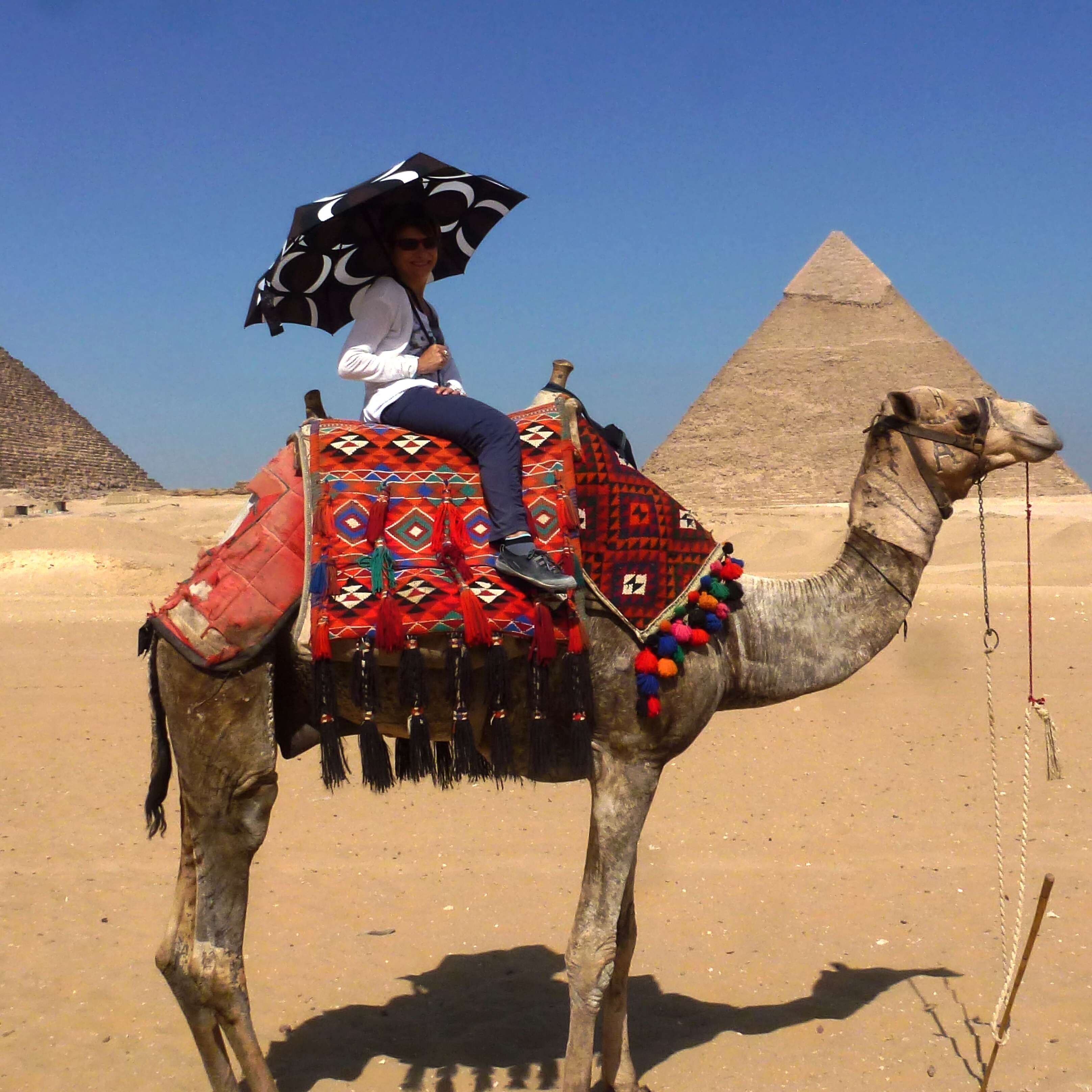Ways of staying healthy and rejuvenated in Egypt

Fluids
Ensure that you drink plenty of water: Egypt has an extremely dry climate most of the year – a fact aggravated by high temperatures in the summer end of the year – and countless travellers each year experience the discomforts and dangers of dehydration. A sense of thirst is not enough to indicate danger – carry a water bottle and keep drinking! Not needing to urinate for a long period or passing very small amounts of dark yellow urine are signs of incipient dehydration.
Egyptian tap water is generally considered safe by most locals, but will often make travellers ill. It is not recommended for regular drinking, especially to very local differences in quality.
Bottled mineral waters are widely available — see Drink: Water section. Beware of the old scam, however, whereby vendors re-sell bottled water bottles, having refilled with another (perhaps dubious) source… Always check the seal is unbroken before parting with your money (or drinking from it) and inform the tourist police if you catch anyone doing this.
Be a little wary with fruit juice, as some sellers may mix it with water. Milk should also be treated carefully as it may not be pasteurized. Try only to buy milk from reputable shops. Hot beverages like tea and coffee shouldgenerally be OK, the water having been boiled in preparation, though it pays to be wary of ice as well.
Sun
In winter, the sun is generally the mildest, especially in December and is the weakest in northern Egypt. Egypt has a desert climate, which makes clouds almost non-existent in the warmer months, so expect extremely bright sunny days especially from June to August, try to avoid direct sun exposure from 9am (10am in summertime) to 3pm (4pm in summertime). Bring good sunglasses and wear good sunscreen, however sunscreen becomes ineffective when the exposed skin sweats. Additionally, you may wear a baseball cap or something similar, if you don’t want to stand out as it is the most popular head-wear among urban Egyptians.
Schistosomiasis
In order to avoid contracting the rightly dreaded schistosomiasisparasite (also known asbilharzia), a flatworm that burrows through the skin, do not swim in the Nile or venture into any other Egyptian waterways, even if the locals are doing so. It is also a good idea not to walk in bare feet on freshly-watered lawns for the same reason.
Although the disease takes weeks to months to show its head, it’s wise to seek medical attention locally if you think you’ve been exposed, as they are used to diagnosing and treating it, and it will cost you pennies rather than dollars. Symptoms include fever, diarrhea, abdominal pain and fatigue, making the disease easy to mistake for (say) the flu or food poisoning, but the flatworm eggs can be identified with a stool test and the disease can usually be cured with a single dose of Praziquantel.
Outbreaks of Avian Influenza (Bird Flu) in Egypt have led to 23 human fatalities since 2006. The last fatality was in December 2008.
Vaccinations and malaria
The following vaccinations are generally recommended for Egypt:
- All routine vaccinations including: measles-mumps-rubella (MMR) vaccine, diphtheria-tetanus-pertussis vaccine, varicella (chickenpox) vaccine, polio vaccine and yearly flu vaccine.
- Hepatitis A and typhoid fever.
- Hepatitis B if a sexual contact, tattooing/piercing or medical procedures are planned.
- Rabies if a long stay is planned especially if with outdoor activities.
- A low risk of P. vivax malaria exist only in the Aswan area of Egypt. While traveling to Aswan travelers are advised to avoid mosquito bites.
Written by The Travel Valet
